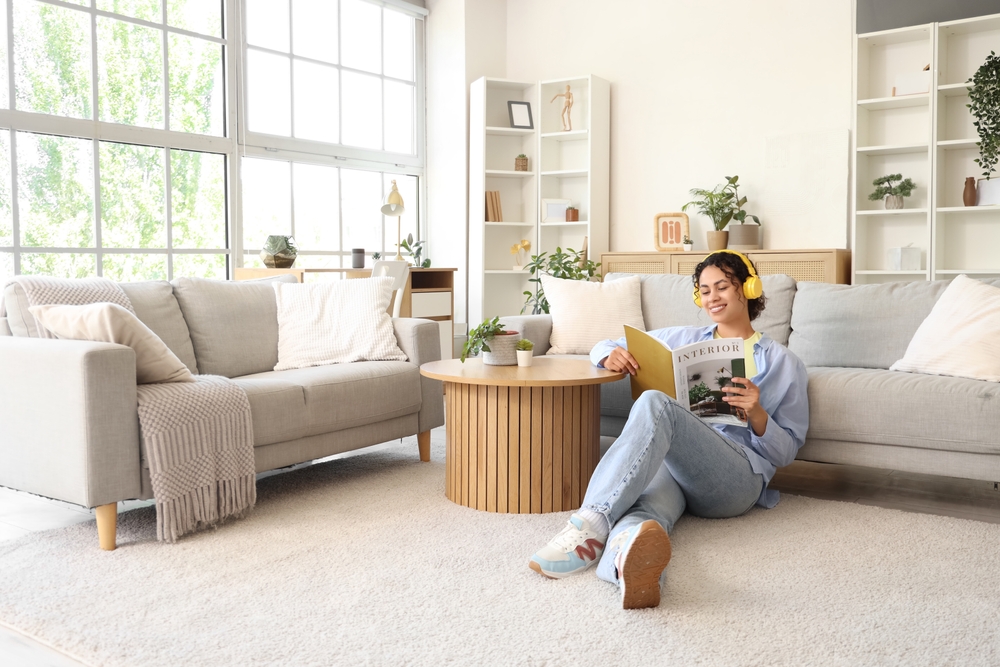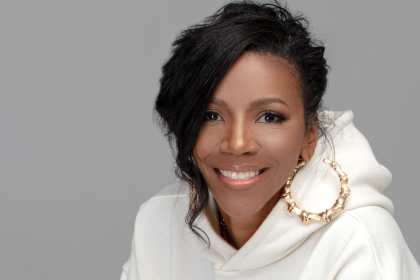A transformative movement sweeps through Black communities as women increasingly reject hustle culture in favor of gentler, more balanced lives. The “soft life” movement champions tranquility and joy while challenging long-held expectations about Black women’s resilience and self-sacrifice.
For generations, Black women carried societal burdens under the “strong Black woman” stereotype. Now, many choose intentional living that prioritizes peace, marking a significant cultural shift in how they approach work, relationships and self-care.
Beyond traditional self-care
The soft life transcends occasional spa days or vacation breaks. This lifestyle restructures daily existence around peace and intention rather than constant productivity. The movement encourages Black women to embed wellness into every life aspect, from career choices to personal boundaries.
Unlike traditional self-care routines, living softly means consistently choosing paths that minimize stress while maximizing joy. This approach affects everything from financial decisions to relationship dynamics, creating sustainable patterns of well-being.
Health impacts drive change
Black women face disproportionate rates of stress-related health issues, from hypertension to mental health challenges. The soft life movement addresses these concerns by encouraging slower pacing and intentional rest. Healthcare professionals note that reducing chronic stress levels proves crucial for preventing long-term illness.
The movement promotes preventive health practices and wellness activities providing lasting benefits. By prioritizing health, Black women challenge historical barriers to healthcare access while creating new paradigms for community wellness.
Breaking stereotype barriers
The “strong Black woman” trope suggested unshakeable resilience and endless capacity for others’ burdens. This stereotype led to isolation and burnout, making vulnerability expression difficult. Through soft living, Black women redefine strength, choosing self-compassion over constant sacrifice.
This shift challenges societal expectations about Black women’s roles as perpetual caregivers. By prioritizing their needs, they demonstrate that true strength includes knowing when to rest and recharge.
Mental health awareness grows
Constant pressure to prove worth while receiving limited recognition takes significant emotional toll. The soft life movement aligns with growing mental health awareness in Black communities, encouraging therapy, mindfulness and emotional wellness.
Women report finding freedom in stepping back from societal pressures to pursue peace. This conscious choice to prioritize mental well-being represents a crucial step toward healing generational trauma.
Building authentic connections
The movement emphasizes relationships based on genuine connection rather than networking potential. By slowing down to nurture meaningful bonds, Black women create stronger support systems and more fulfilling social lives.
These authentic connections provide emotional sustenance while challenging hustle culture’s transactional approach to relationships. The result builds more resilient communities grounded in mutual support.
Social media shapes perception
Digital platforms showcase soft life possibilities through content creators sharing their journeys. From morning routines to boundary setting, social media provides visual representation of intentional living’s daily practice.
Influencers use their platforms to demonstrate that worth extends beyond productivity. Their content inspires others while providing practical guidance for lifestyle transitions.
Redefining success metrics
The soft life movement challenges traditional success measures focused on wealth and status. Many Black women now prioritize personal growth, creativity and emotional resilience over corporate advancement.
This shift spawns entrepreneurial ventures aligned with work-life balance goals. Women build businesses allowing passion pursuit while maintaining peace-centered lifestyles.
Community impact broadens
Support networks flourish as more women embrace softer living. These communities provide emotional backing needed to resist hustle culture while pursuing meaningful lives. Both online and offline groups offer spaces for sharing experiences and supporting others’ journeys.
The movement’s influence extends beyond individual choices to reshape community values around wellness and success. This collective shift creates lasting change in how Black women approach life and work.
Looking forward
The soft life movement represents more than temporary trend – it marks fundamental change in how Black women define fulfillment and success. By choosing peace over constant productivity, they create new paradigms for future generations.
This cultural transformation champions balance while acknowledging that true power lies in choosing one’s own path. Through soft living, Black women reclaim agency over their lives while inspiring others to pursue peace as ultimate achievement.
This story was created using AI technology.

















